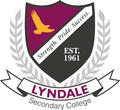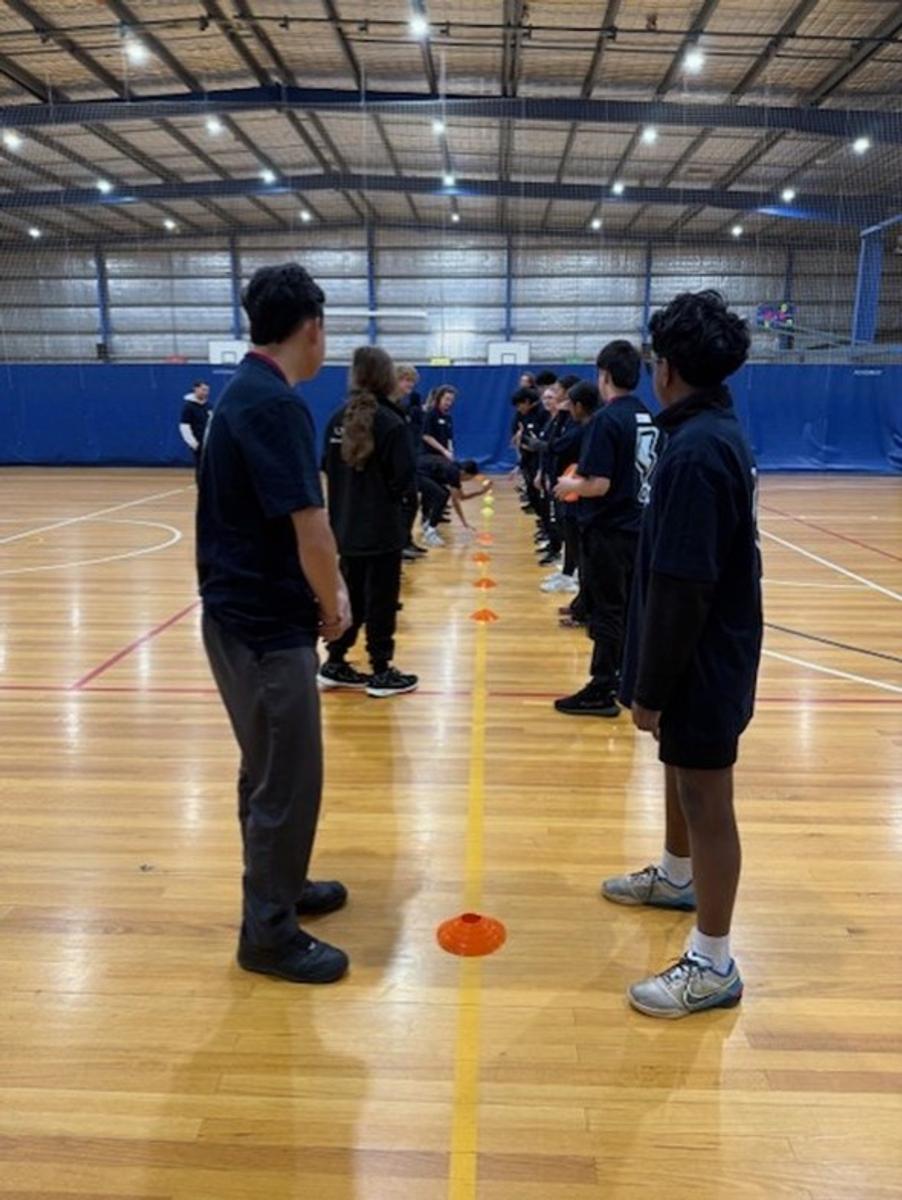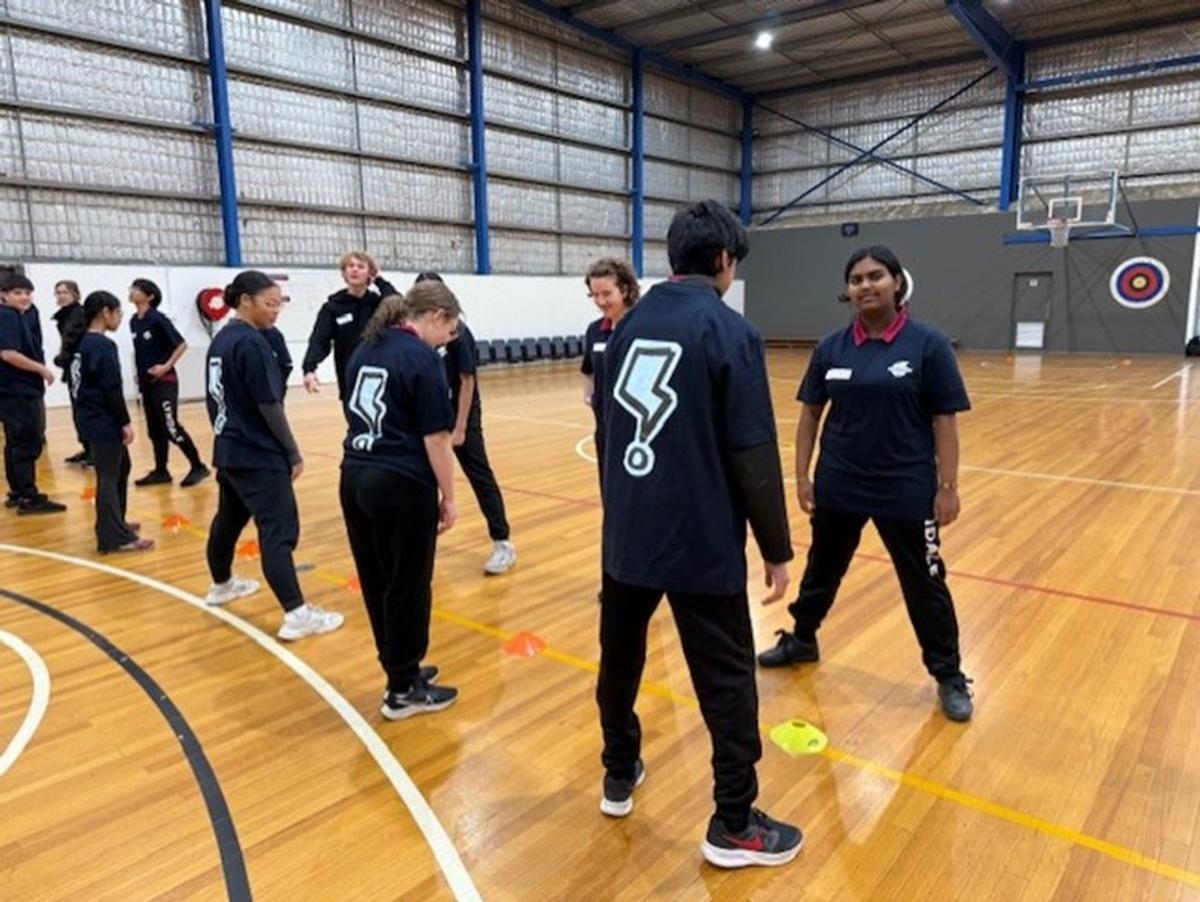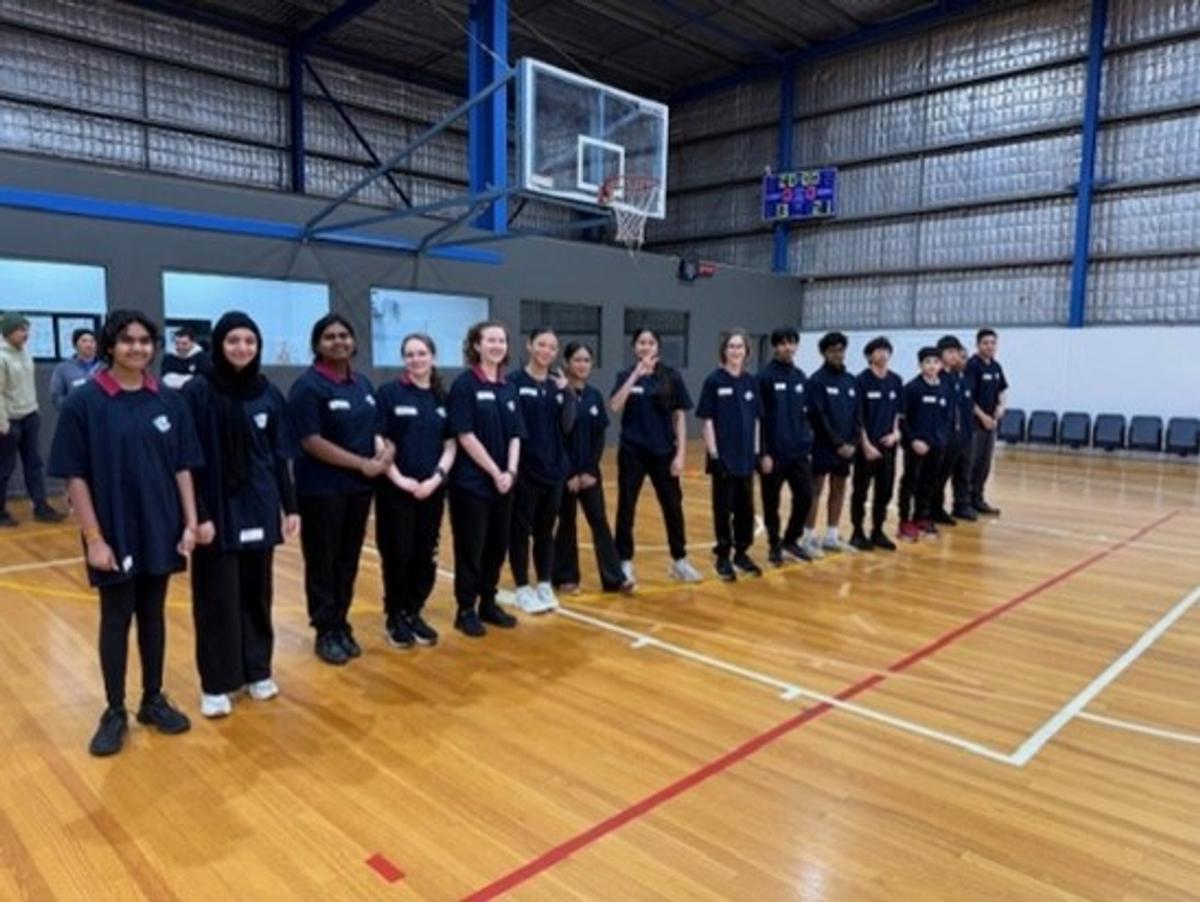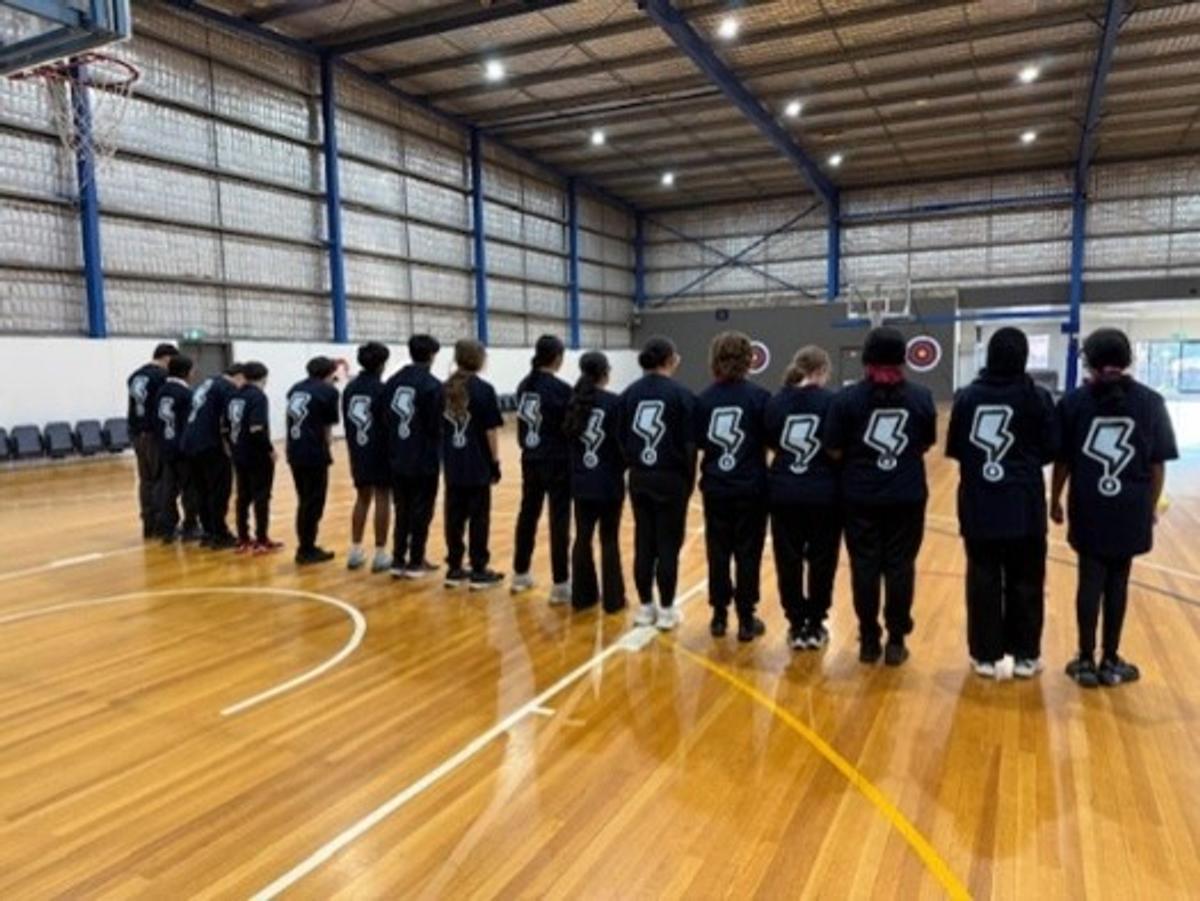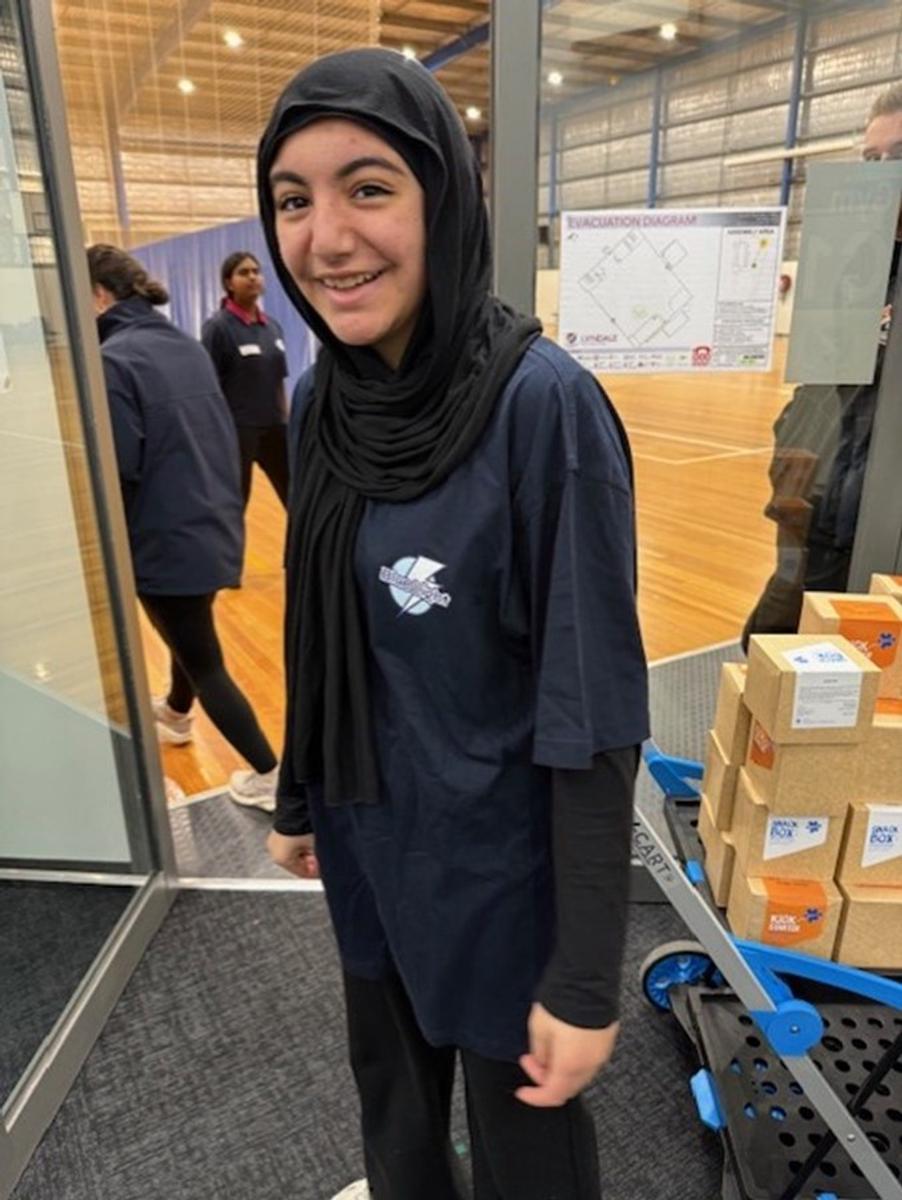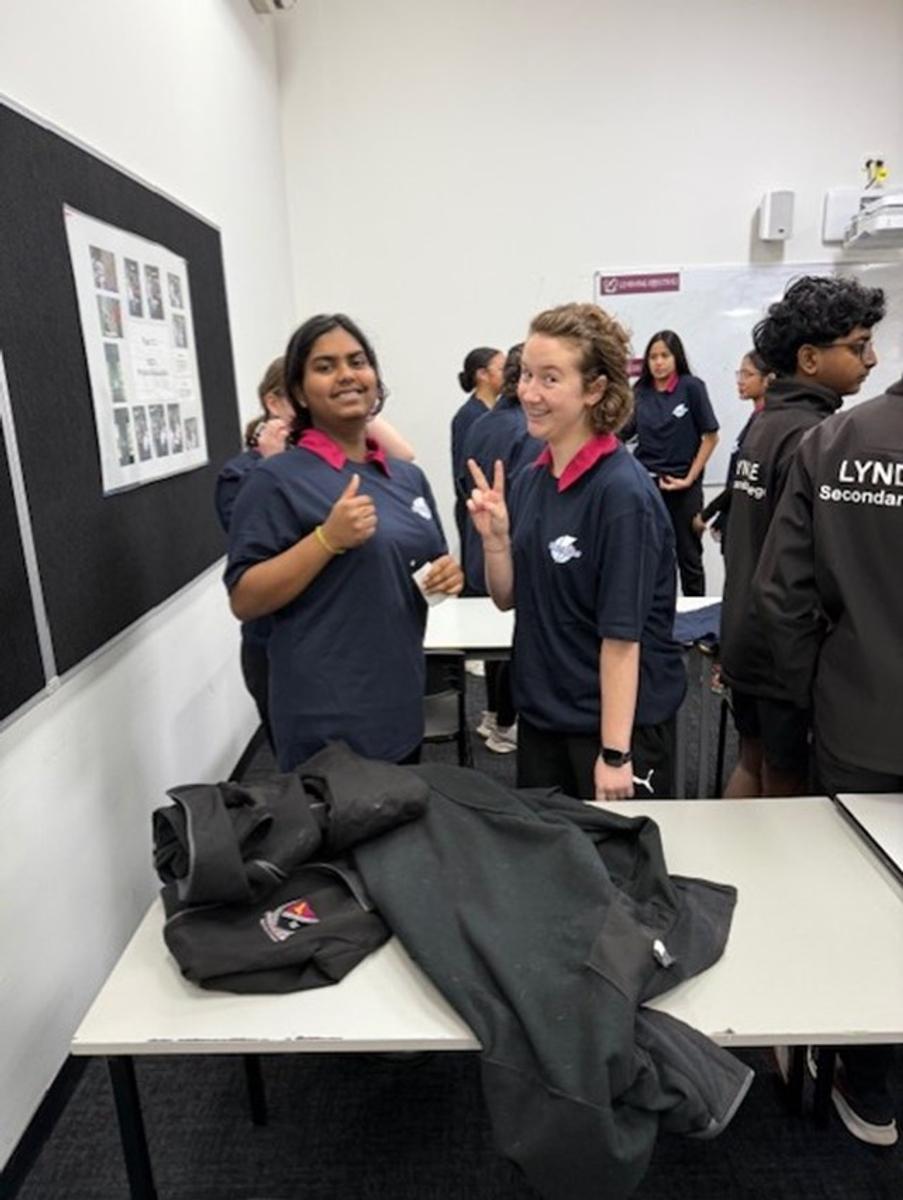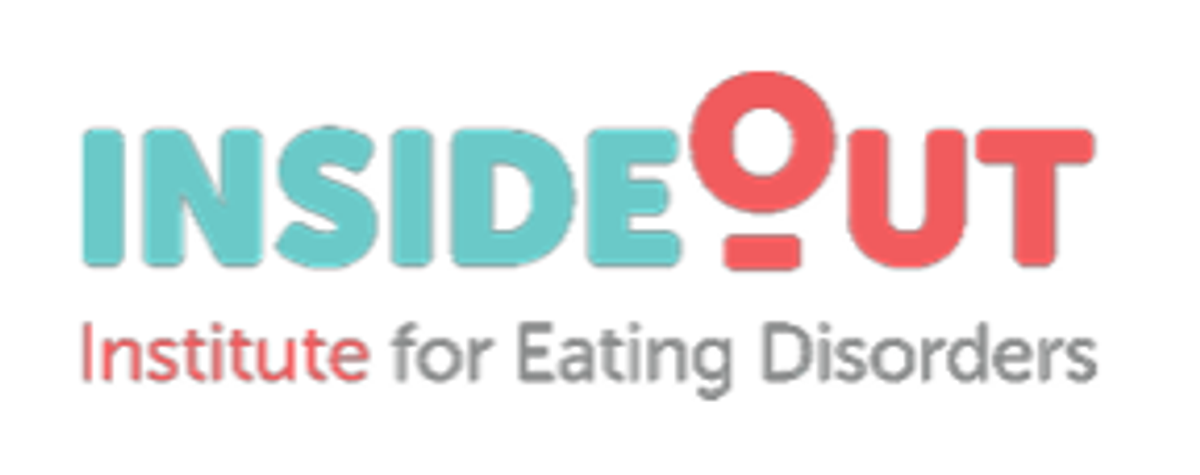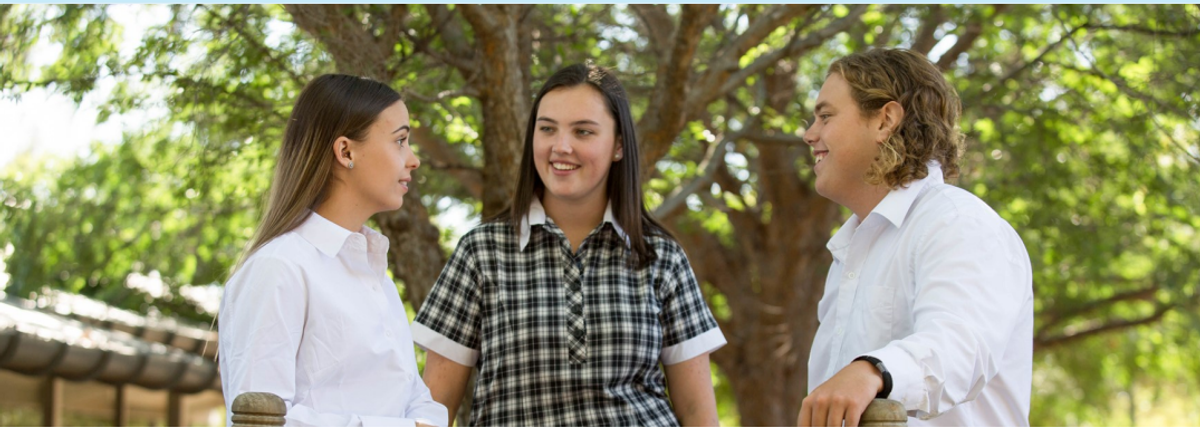Wellbeing News

Wellbeing and Inclusion Update – Term 3
We are thrilled to share the exciting start to Term 3 for our Wellbeing and Inclusion team. A highlight has been the successful launch of the Blue Edge Program, with an inspiring group of young leaders who have already impressed both facilitators and staff through their commitment, teamwork, and leadership skills.
A heartfelt thank you goes to our dedicated Wellbeing and Inclusion team for navigating a very busy start to term, as they continue to implement a wide range of support programs and targeted interventions to meet the needs of our students.
We also remind families and carers that our team is available to provide support and guidance in accessing a range of services both in and out of school. Whether you need help navigating community supports, wellbeing resources, or school-based programs, we are here to assist.
Looking ahead, we are excited for the upcoming 4Cs Event. Parents and carers can purchase tickets via the link provided in this newsletter—don’t miss this fantastic opportunity to connect and celebrate our community.
https://www.bunjilplace.com.au/events/4cs-showcase
Finally, our Lyndale Pantry will run on the following dates this term:
9am in our canteen area. All are welcome.
Bring your shopping bags and join us for morning tea.
- Saturday 17 August
Sunday 15 September
We look forward to seeing many of you there.
________________________________________________________________________________
Body Image and Teenagers
A message from the Secondary School Nurse
Body image is a significant concern for many young people. In fact, young Australians have ranked body image issues as one of their top four concerns in national youth surveys over the past eight years. We also know that negative body image or body dissatisfaction increases the risk of young person developing an eating disorder. Parents and guardians can play a strong role in helping their teenagers develop a healthy and positive body image.
The following article from Inside Out has some useful information for parents about promoting positive body image at home, warning signs to look out for and what to do if you are worried your child is struggling with body image.
What are some warning signs your child might be struggling with body image?
There are several warning signs that a young person may be struggling with body image. For example, engaging in body checking behaviours such as frequent weighing; over-analysing body shape and appearance in conversation; or making frequent trips to the mirror to “check” oneself and monitor and/or critique self-image.
There may also be topics of conversation which raise concern – especially those that place significant emphasis on shape or weight. For example, a young person may idealise certain body shapes and continually compare themselves to these. They might comment frequently about weight or shape for example saying: ‘I am fat….my friend is prettier than me….why can’t I have longer legs or be taller’. Finally, you may notice a change in some behaviours related to controlling shape/weight such as increased exercise use, some fussiness or restriction around food or changes in mood or anxiety.
What should you do if you are worried your child is struggling with body image?
It is important to be transparent. If you are concerned that a young person is struggling with body image, engage in an open, non-judgemental conversation with them about the behaviours you have noticed and why you are concerned. For example, if you notice that your child is spending excessive amounts of time using technology to compare their body to others, it is worth talking this over, and brainstorming ways to reduce or alter technology use, and address why they think it is necessary to do this.
If the young person continues to struggle with body image despite additional support or denies the seriousness of their body image struggles, then together you can seek advice and support from a General Practitioner (GP). A GP can act as a neutral third party in facilitating transparent conversations about your concerns and provide information about body image and the potential negative impacts. Additionally, the
GP can conduct a general physical and mental health assessment and make recommendations for professional support if needed.
What are some ways you can promote healthy body image in children & teens?
• As adults, you must be cautious of how we talk about our body. If we critique our own bodies, children will likely model these behaviours; e.g. they will engage in negative self-talk too which fosters poor body-image.
• Be cautious of how you talk about food around our children. You should promote a balanced diet, that incorporates all food groups, and everything eaten in moderation; e.g. carbohydrates, proteins and fats. You should also discourage restrictive dietary practices; e.g. rigid rules about what, when and how much to eat; ‘good and bad’ food labels.
• Communicate to your children that they are loved and accepted, regardless of size or shape. We value them for who they are, not what they look like.
• Complement your children on their skill sets, knowledge and personality traits. Try to avoid complementing your children on their appearance. You want to avoid your children thinking that you place greater weight on their appearance as opposed to other important factors.
• Encourage your children to engage in a range of school and non-school related activities. It is important that they do things they enjoy, find rewarding, and are good at. You want them to develop confidence and a strong sense of self-worth.
• Encourage your children to express their emotions as they feel them; you may have to model this behaviour by expressing to our children when you are happy and when you are sad.
• If appropriate to do so, you can provide our children with education and awareness around the negative impacts of poor self-image, dieting and eating disorders.
Remember, if at any stage you feel additional help is needed, speak to your GP .
There are also other supports available and confidential helplines if you would prefer to talk to someone on the phone or online:
• The Butterfly Foundation: (Ph) 1800 33 4673
www.thebutterflyfoundation.org.au
• Kids Helpline: 1800 55 1800
